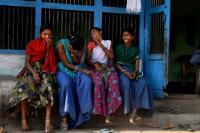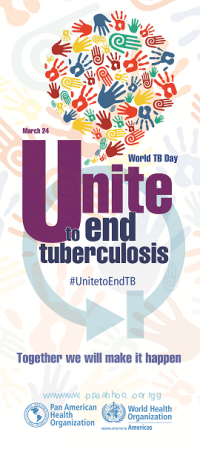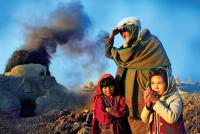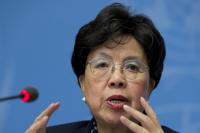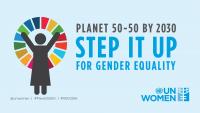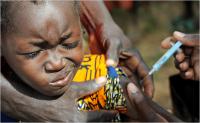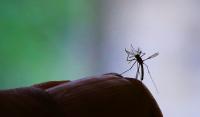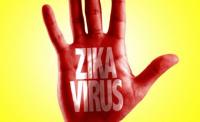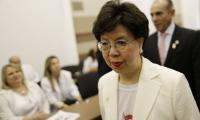You are here
News
-
03/23/2016 - Investing in adolescent girls – especially in their education and reproductive health and rights – will ensure sustainable development for all, according to United Nations officials, government representative, experts, and young women who gathered today at an event at UN Headquarters.
-
03/18/2016 - To help intensify the control of Tuberculosis, delegates from Brazil, Mexico, Peru, Uruguay, Nicaragua and Bolivia have formed a Regional Parliamentary Front Against Tuberculosis in the Americas. It aims to work closely with governments and civil society to promote assignment of financial resources for activities to end the disease, in the context of the new Global End TB Strategy and the Plan of Action for Prevention and Control of Tuberculosis 2016-2019 of the Pan American Health Organization (PAHO).
-
03/18/2016 - WHO has dispatched a team of specialists to the southern prefecture of Nzérékoré after 2 new cases of Ebola were detected and confirmed in a rural village.
-
03/16/2016 - An estimated 12.6 million people died as a result of living or working in an unhealthy environment in 2012 – nearly 1 in 4 of total global deaths, according to new estimates from WHO. Environmental risk factors, such as air, water and soil pollution, chemical exposures, climate change, and ultraviolet radiation, contribute to more than 100 diseases and injuries.
-
03/10/2016 - New research has shown a strong link between Zika infection and foetal malformations and neurological disorders, the head of the World Health Organization (WHO) has announced.
-
03/08/2016 - International Women’s Day is a time to reflect on progress made, to call for change and to celebrate acts of courage and determination by ordinary women who have played an extraordinary role in the history of their countries and communities.
-
03/02/2016 - Africa has an incredible opportunity to provide a better life for each and every child – and we know exactly how to seize it: provide universal acces0s to immunization across the continent to protect them from vaccine preventable diseases. We have seen the transformative impact of efforts to reach more children with life-saving vaccines. Child deaths in Africa fell by half over the past generation, in large part due to the use of high impact interventions such as immunization.
-
03/02/2016 - The above-average rainfall caused by El Niño that is expected in parts of South America until May could cause floods and increases in diseases spread by mosquitoes, including malaria and the Zika virus, the World Health Organization (WHO) has warned.
-
03/01/2016 - The Pan American Health Organization/World Health Organization (PAHO/WHO) and the Arbovirus Laboratory Network (RELDA) have agreed on new guidelines to improve lab confirmation of suspected Zika cases, even as more accurate tests are developed.
-
02/29/2016 - At the press conference rounding off an exhaustive agenda, a visibly moved World Health Organisation Director-General described her visit to the Pernambuco Maternity and Children’s Institute (IMIP). “What I found there were mothers devoted to their children, and health professionals doing everything possible to make them safe”, she revealed. Alongside Brazil’s Minister of Health, Marcelo de Castro, and Pan-American Health Organisation Director, Carissa Etienne, Chan appeared before journalists from all over the world after touring the Oswaldo Cruz Foundation (FIOCRUZ), the institution leading Brazil’s efforts to combat the threat from the Zika virus.

